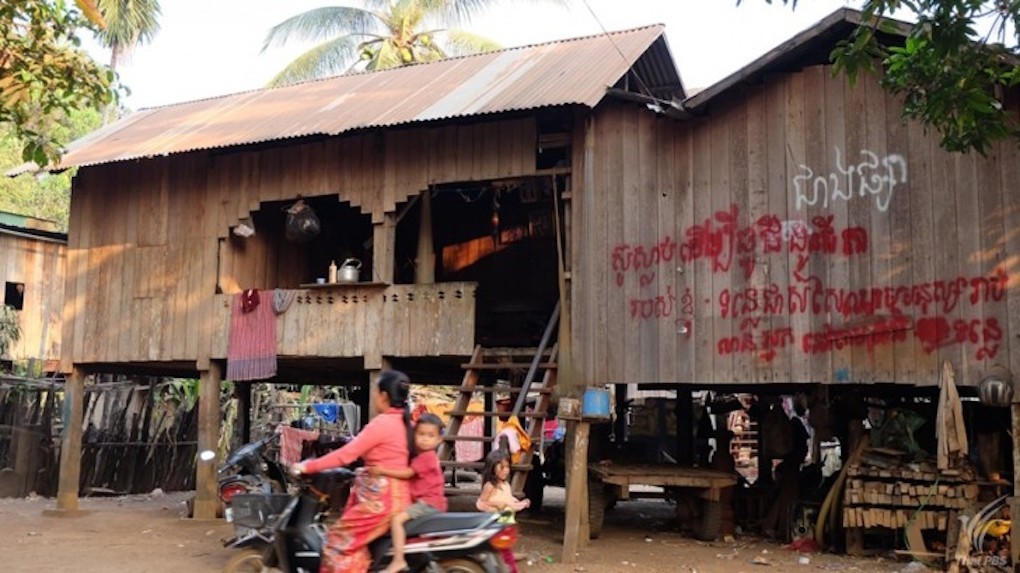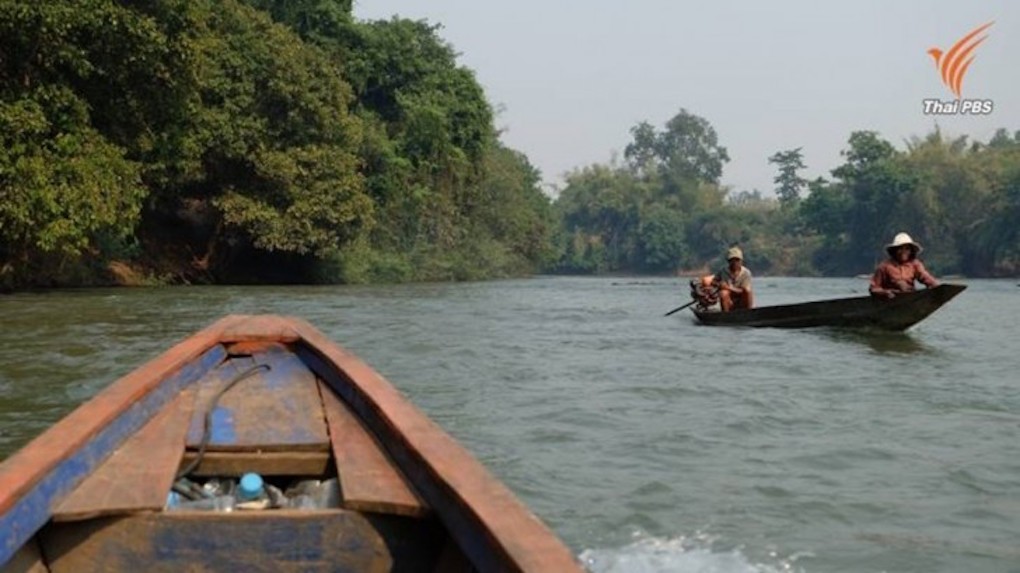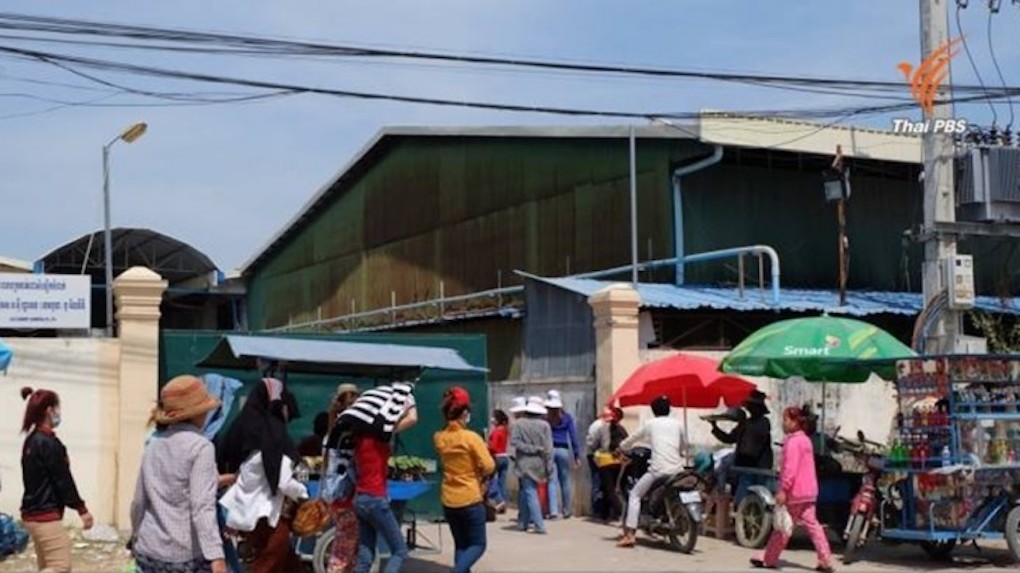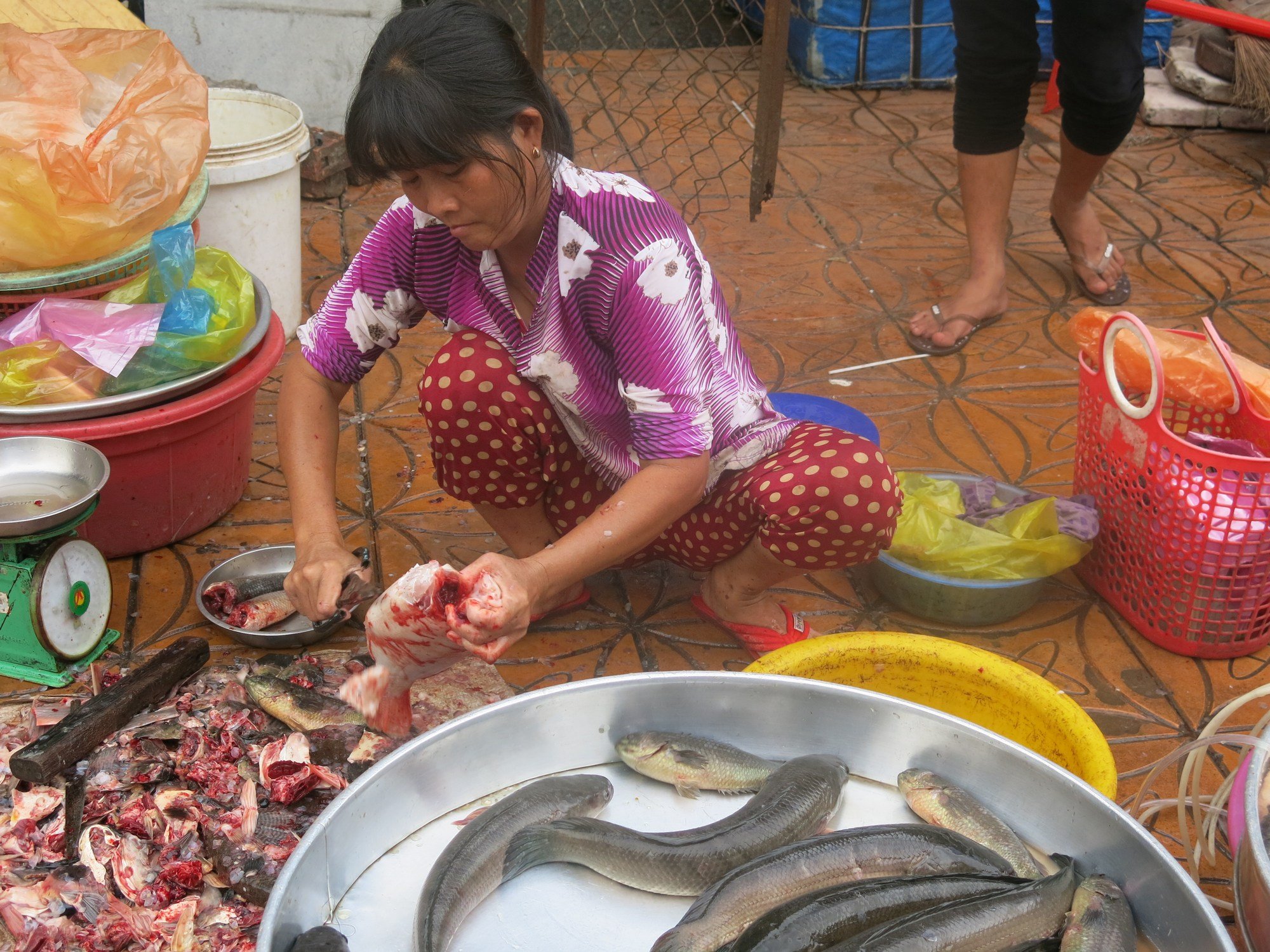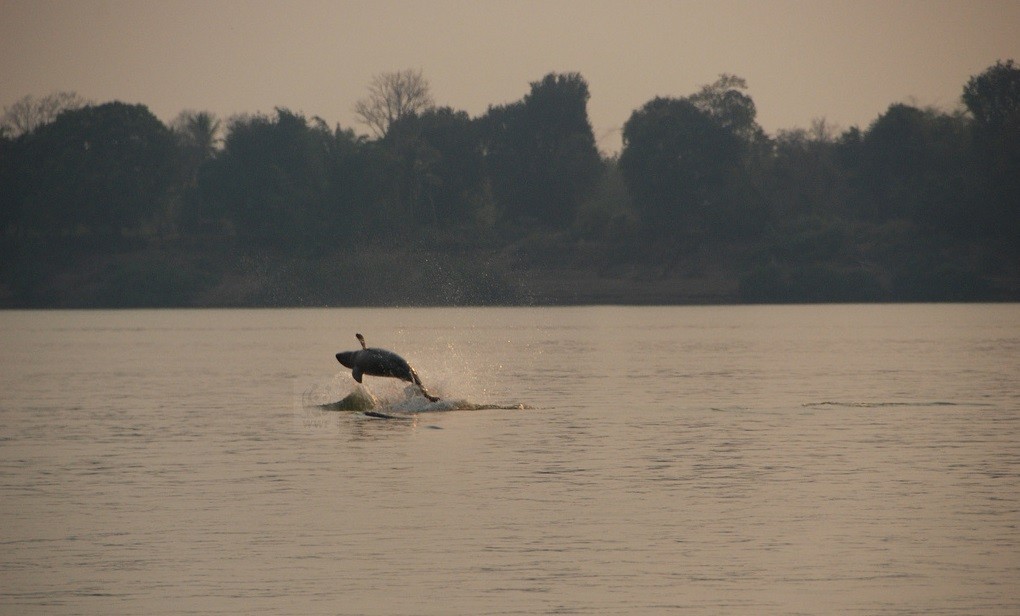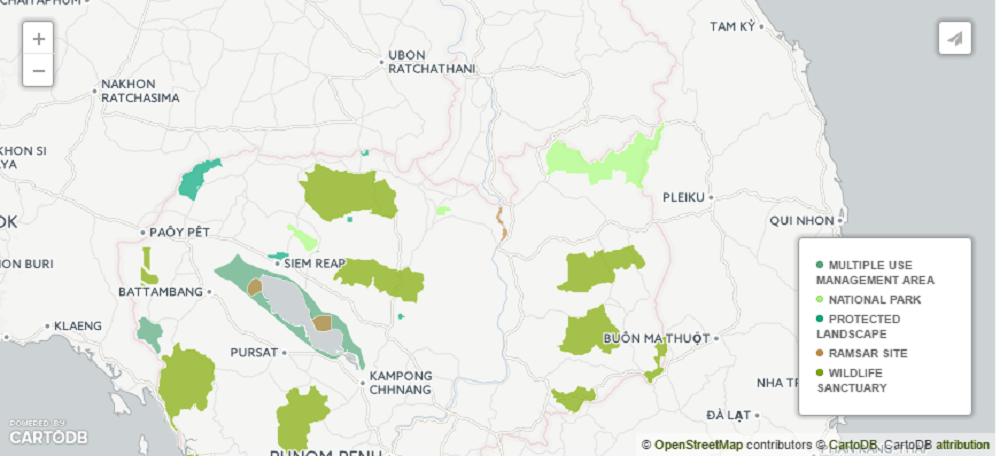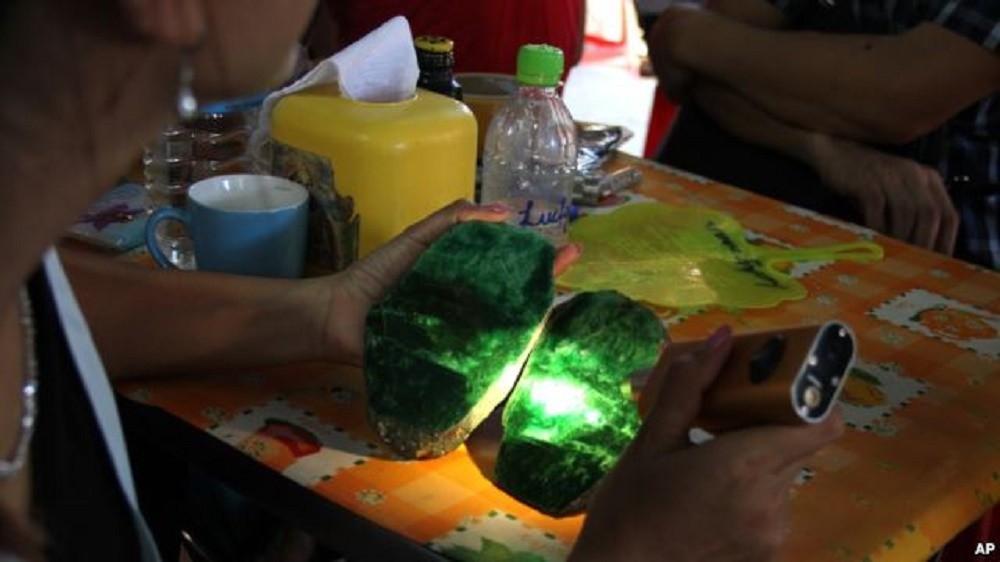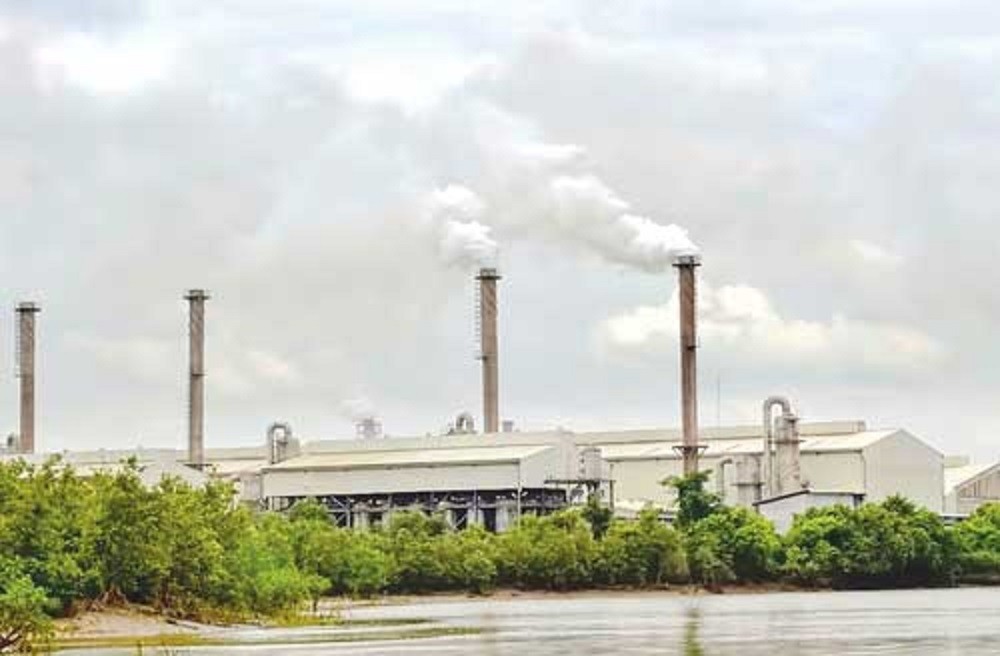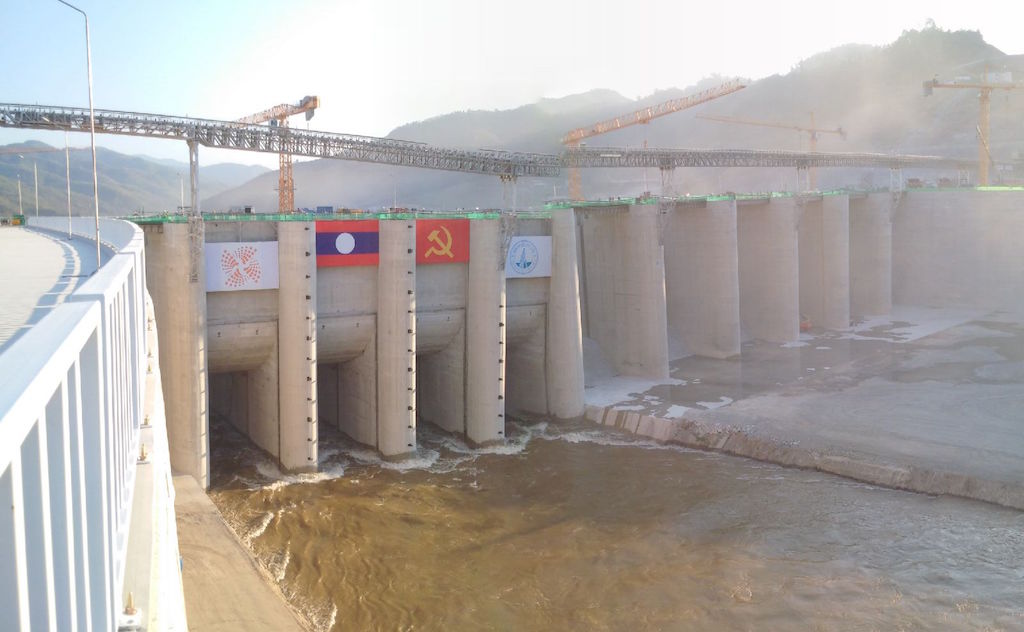Srekor village in Stung Treng province of Cambodia is another village destined to be evacuated to pave way for the construction of the lower Sesan II dam which is now 50 percent complete.
Category: Region
Selected environmental stories from media outlets in the Mekong region and beyond.
Harnessing Sesan River (Part 1): the choice between fish or electricity
“I can’t say whether fish and electricity can substitute each other…” so said Sana, a 25-year old fisherman of the Sesan river in Stung Treng province of Cambodia when asked by a Thai PBS reporter about the lower Sesan Dam II.
Harnessing the Sesan River: An In-depth look at the Lower Sesan 2 Dam
A comprehensive investigation into the myriad of social, economic and environmental challenges facing communities along one of the Mekong’s most biologically and socially vibrant tributaries due to the Cambodian government’s determination to erect a major hydroelectric dam.
Harnessing Sesan River (Part 5): Cambodia and its goal for electricity self-sufficiency
In March this year, the Asian Development Bank listed Myanmar, Cambodia, Vietnam and Laos as the three top Asean countries which have the highest growth rates among the regional bloc.
For the past ten years, Cambodia’s economy has been growing by an average of 7 percent and the government has set the sight to upgrade the country to the status of middle-income country in 2030 by promoting investments especially garment industry and service sector. And this has spurred the increasing need of electricity.
Harnessing Sesan river (Part 6): Dam and fish in Samse river basin
The image of fishermen casting fish nets from their small wooden boats while others throwing bits of catfish meat into the river before using small baskets made of bamboo to catch small fish has been a commonplace in Jalai islet in mid Mekong river in Satung Treng province.
Jalai islet is about 25 kms from the lower Sesan II dam. This is the passageway of fish species that swim upstream from Tonle Sap and the lower Mekong river for spawning in the upper Mekong river and its tributaries which include Sekong, Seprok and Sesan which altogether form the Samse river basin.
Mekong dam a threat to rare dolphins – and villagers too
THE DON SAHONG hydroelectric dam threatens the last 80 Irrawaddy dolphins in the Mekong River – as well as the livelihoods of the people downstream in Cambodia, who depend heavily on the river’s resources.
The people in Preah Romkel village of Stung Treng province claim their way of life is in danger. The eco-tourism that boosts the local economy will be destroyed if the endangered Irrawaddy dolphins are driven into extinction by the impact of the new Don Sahong Dam on the Laos-Cambodian border.
Government Will Start Chipping Away at Protected Areas
Between 2009 and 2012, the Ministry of Environment went on nationwide leasing spree, signing over vast swaths of the country’s nominally protected areas to private companies for rubber plantations and other agribusiness ventures.
In the name of jobs and development, the companies have cleared tens of thousands of hectares of forest in and around their economic land concessions (ELCs), giving Cambodia one of the highest rates of deforestation in the world. As a show of his efforts to rein in the more wayward ELCs, Prime Minister Hun Sen announced in February that the government had taken back nearly 1 million hectares, a little less than half of the area leased out nationwide.
Dangerous Myanmar Jade Mines Bring Income, Death
Within days of the start of the monsoon rains, the dangerous conditions and lack of safety measures at Myanmar’s jade mines were highlighted when a dozen miners were killed while scavenging in a mining pit.
The area in Hpakant Township, in northern Myanmar’s Kachin State, is a vast wasteland of deep pits and huge rubble heaps produced by mining companies using heavy machinery and dynamite.
Loose management of FDI blamed for environmental disasters
The mass fish deaths in the central provinces in April were believed to be caused by untreated waste water from Taiwanese Formosa’s plant have once again raised public anger.
Eight years ago, the public was stunned by the discovery that Vedan, also a foreign invested enterprise, discharged untreated waste water, turning the Thi Vai River in Dong Nai province into a dead river. The polluter then had to pay VND119 billion in compensation for the damages it caused to aquaculture.
Electricty Rates Spike in Laos, the ‘Battery’ for Southeast Asia
Electricity rates are skyrocketing in Laos, just as the hot season tightens its grip on a country that aims to be the “battery” that powers Southeast Asia with hydropower from river dams.
Some people have watched as their rates for electricity have more than tripled, and they are scratching their heads as to why they are suddenly paying so much for power when Vientiane has been touting the country’s power generating ability as a way to bring Laos out of poverty.


